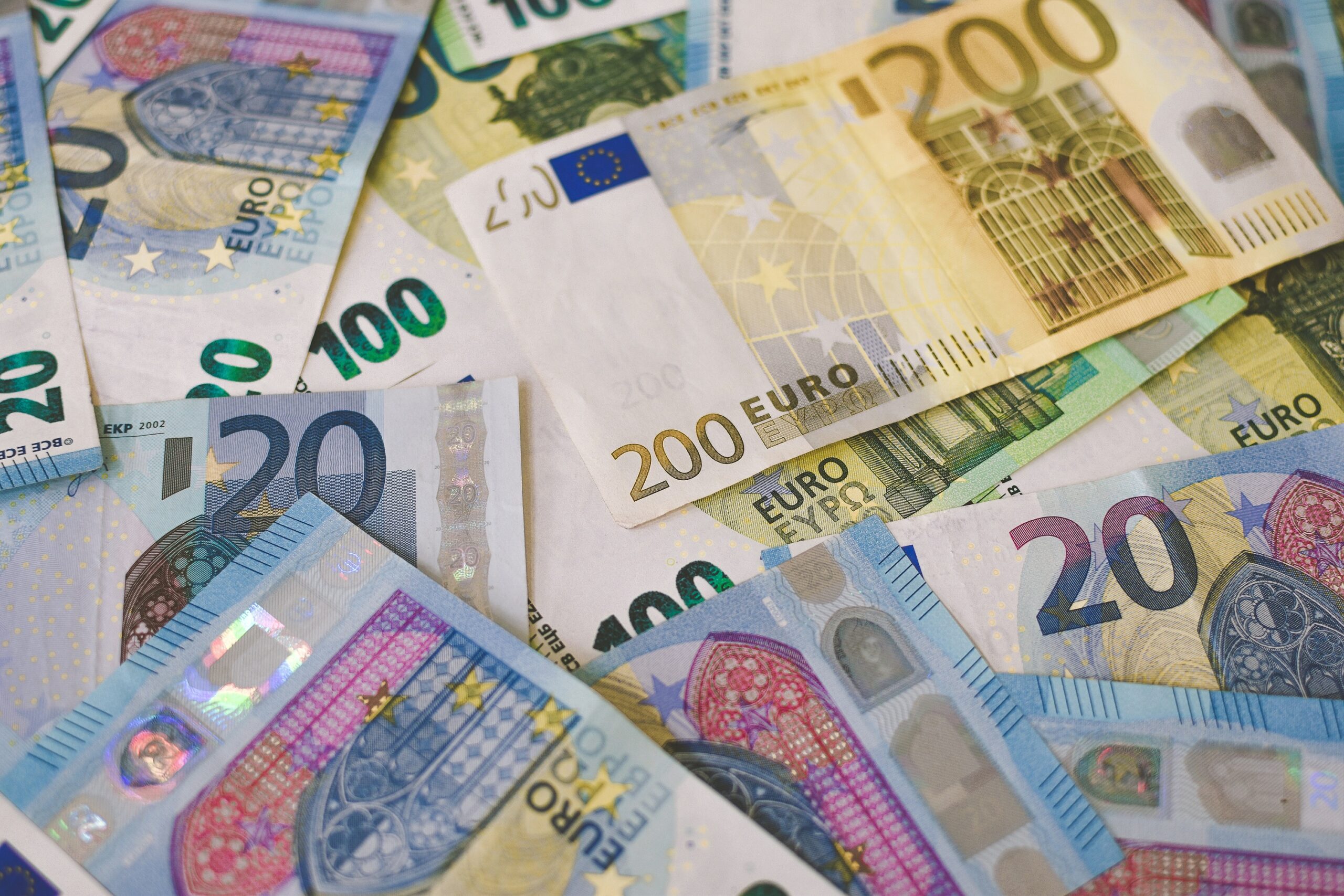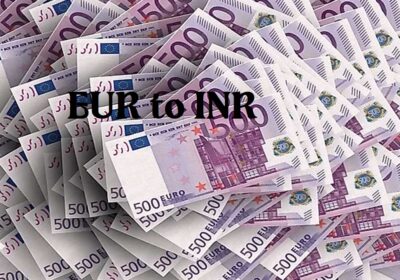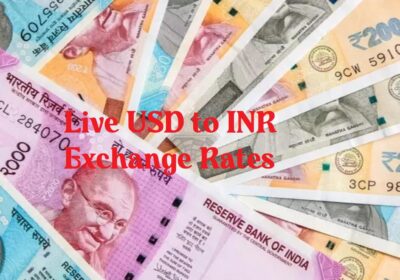EUR to INR: Today’s Exchange Rate and Comprehensive Guide
Introduction
Understanding currency conversion is essential for various financial activities, from travel and business to investment. One common conversion involves the Euro (EUR) and the Indian Rupee (INR). This guide provides a detailed look at the current exchange rate for EUR to INR, the factors influencing this rate, and the best tools for making this conversion.
Current Exchange Rate for EUR to INR
To find out the current exchange rate from EUR to INR, you can use reliable online currency converters like XE.com, OANDA, or Google Currency Converter. These platforms offer up-to-date rates based on real-time market data.
Using XE.com to Check the Rate
- Visit XE.com: Open your browser and navigate to XE.com.
- Select Currencies: Choose “EUR – Euro” from the first dropdown menu and “INR – Indian Rupee” from the second dropdown menu.
- Enter Amount: Input the amount of EUR you wish to convert.
- Convert: Click on the “Convert” button to see the latest exchange rate.
For example, if the exchange rate is 1 EUR = 89.50 INR, then:
- 1 EUR = 89.50 INR
Remember, exchange rates fluctuate constantly due to market conditions. For the most accurate rate, always check with a live currency converter.
Factors Influencing the EUR to INR Exchange Rate
Several factors can affect the exchange rate between the EUR and INR:
- Economic Indicators: Economic data such as GDP growth, employment rates, and industrial production from both the Eurozone and India can influence exchange rates. Strong economic performance typically strengthens the local currency.
- Interest Rates: The interest rates set by the European Central Bank (ECB) and the Reserve Bank of India (RBI) are crucial. Higher interest rates tend to attract foreign investments, increasing demand for the currency.
- Inflation Rates: Lower inflation rates in a country usually lead to a stronger currency, as the purchasing power remains relatively stable.
- Political Stability: Political events and stability in both regions can affect investor confidence and currency values. Generally, a stable political environment supports a stronger currency.
- Market Sentiment: Global economic trends, geopolitical events, and market movements can drive exchange rates through investor sentiment and perceptions.
- Trade Balance: The balance of trade between the Eurozone and India also impacts the exchange rate. A surplus in trade can strengthen a country’s currency.
How to Convert EUR to INR
Converting EUR to INR is straightforward using online currency converters. Here are a few popular options:
- XE Currency Converter: Known for accuracy and a user-friendly interface. Visit XE.com for real-time conversions.
- OANDA Currency Converter: Offers detailed financial information and historical data. Check the rates at OANDA.com.
- Google Currency Converter: Quick and convenient. Simply type “EUR to INR” in the Google search bar to get the latest rate.
- Yahoo Finance: Provides comprehensive financial data along with currency conversion tools. Visit Yahoo Finance for more information.
Real-Life Applications
Travel and Tourism
Travelers from the Eurozone visiting India often need to convert EUR to INR for their expenses. Knowing the current exchange rate helps them budget effectively.
Business and Trade
Businesses involved in trade between the Eurozone and India frequently convert EUR to INR for transactions. Exchange rate fluctuations can impact pricing and profitability.
Investment
Investors with international portfolios may need to convert EUR to INR to manage their investments. Understanding exchange rates is essential for evaluating returns and making strategic decisions.
Conclusion
Converting EUR to INR is a common requirement for various financial activities. By understanding the factors influencing exchange rates and using reliable currency converters, you can make informed decisions and get the best value for your money. Whether you’re traveling, conducting business, or managing investments, staying updated on the latest exchange rates is crucial for effective financial planning.






Leave feedback about this